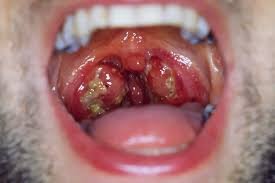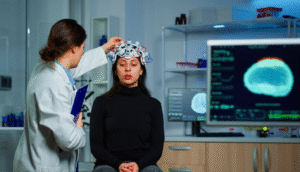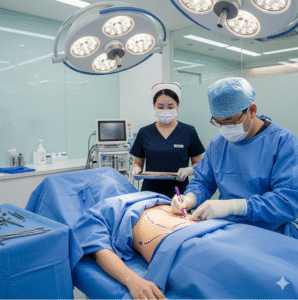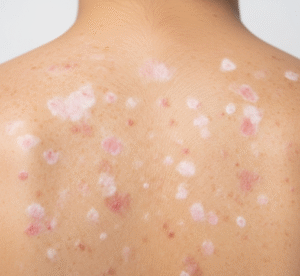Overview
Mononucleosis, often called “mono” or the “kissing disease,” is a viral infection usually caused by the Epstein-Barr virus (EBV). It spreads through saliva and is most common among teenagers and young adults. In Korea, awareness of mononucleosis has been growing, especially among students and young professionals, as it can lead to prolonged fatigue and affect daily activities. Hospitals such as Seoul National University Hospital, Asan Medical Center, and Samsung Medical Center provide advanced diagnostic tests and supportive care for mono patients.
What is Mononucleosis?
Mononucleosis is an infectious disease primarily caused by the Epstein-Barr virus (EBV), a member of the herpesvirus family. It affects the lymphatic system and immune system, leading to symptoms such as swollen lymph nodes, fever, and severe fatigue. While most cases are mild, recovery can take several weeks, and complications may occur if not managed properly.
Symptoms
- Extreme fatigue
- Fever
- Sore throat (often severe, resembling strep throat)
- Swollen lymph nodes (neck and armpits)
- Enlarged tonsils
- Headache
- Skin rash
- Swollen liver or spleen in severe cases
Causes
- Primarily caused by Epstein-Barr virus (EBV)
- Spread through saliva, coughing, sneezing, or sharing utensils
- Occasionally linked to other viruses such as cytomegalovirus (CMV)
Risk Factors
- Age (most common in 15–25 years)
- Close contact with infected individuals (kissing, sharing drinks)
- Weakened immune system
- Living in dormitories, military barracks, or other close communities
Complications
- Enlarged spleen (risk of rupture)
- Hepatitis (liver inflammation)
- Anemia or low platelet count
- Neurological complications (rare, such as meningitis or Guillain-Barré syndrome)
- Prolonged fatigue lasting weeks to months
Prevention
- Avoid kissing or sharing drinks/utensils with infected individuals
- Maintain good hygiene practices (hand washing, covering mouth when coughing)
- Strengthen the immune system with healthy diet, exercise, and rest
- No vaccine currently exists for EBV
Treatment Options in Korea
There is no specific cure for mononucleosis, but Korean hospitals provide comprehensive supportive care and monitoring to manage symptoms and prevent complications.
- Diagnosis
- Blood tests (monospot test, EBV antibody test)
- Complete blood count (CBC) to detect atypical lymphocytes
- Ultrasound to check spleen enlargement in severe cases
- Medical Management
- Pain relievers and fever reducers (acetaminophen, ibuprofen)
- Corticosteroids in severe throat swelling or airway obstruction
- Antiviral drugs are generally not needed, but supportive medications may be prescribed
- Supportive Care
- Bed rest and hydration
- Nutritious diet to boost immunity
- Avoiding strenuous physical activity and contact sports for at least 3–4 weeks to prevent spleen rupture













